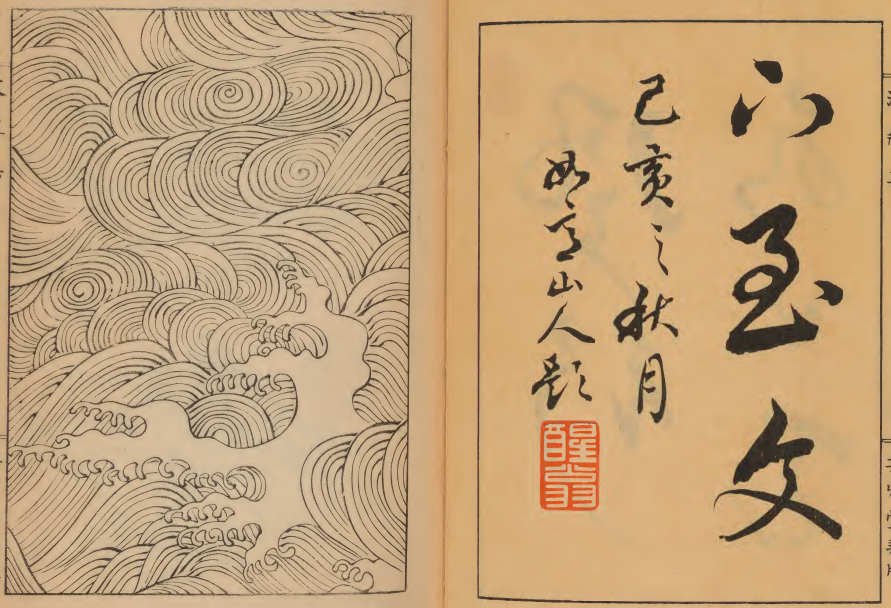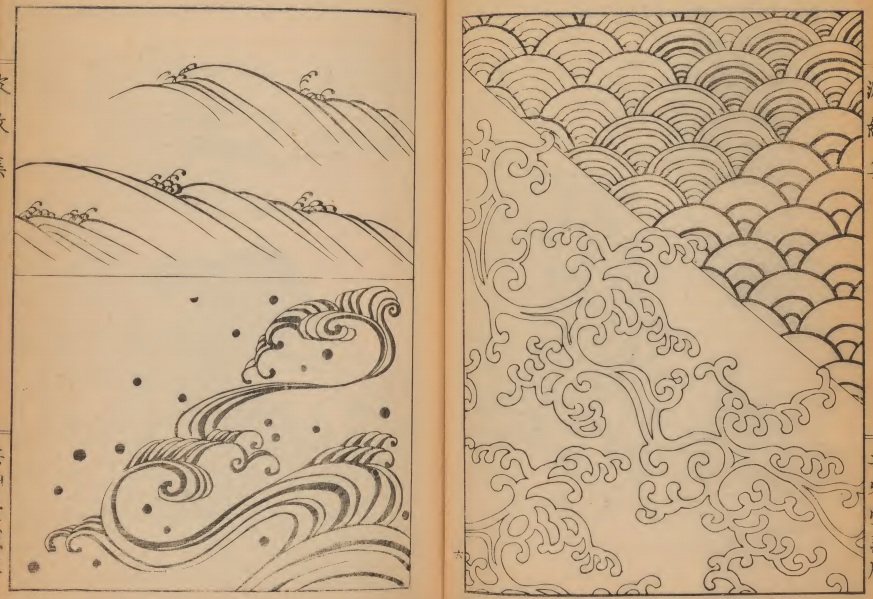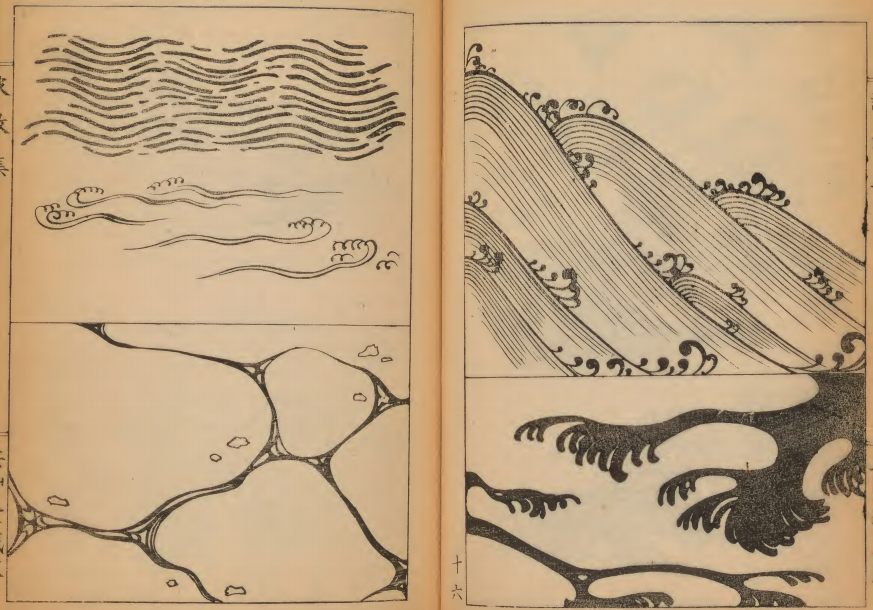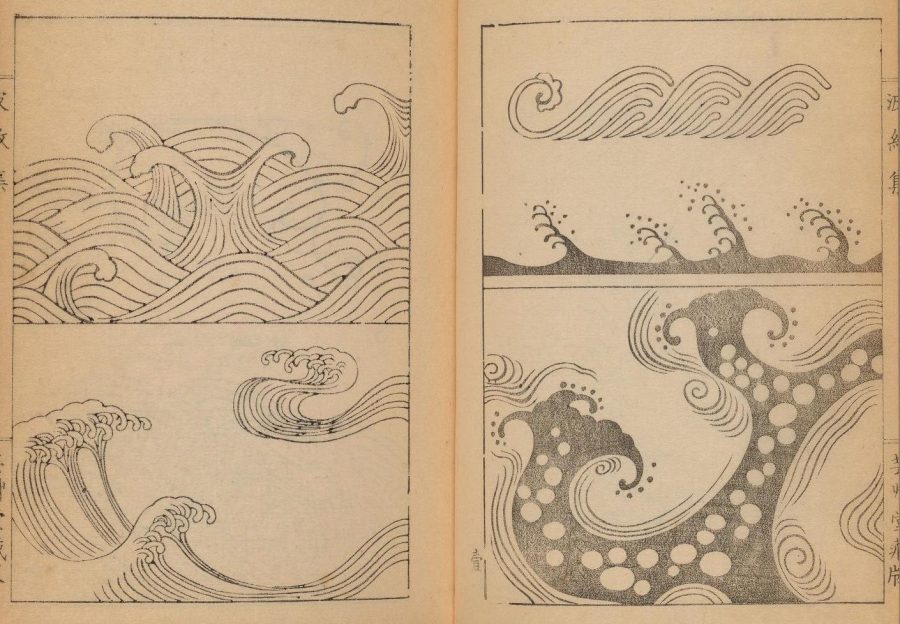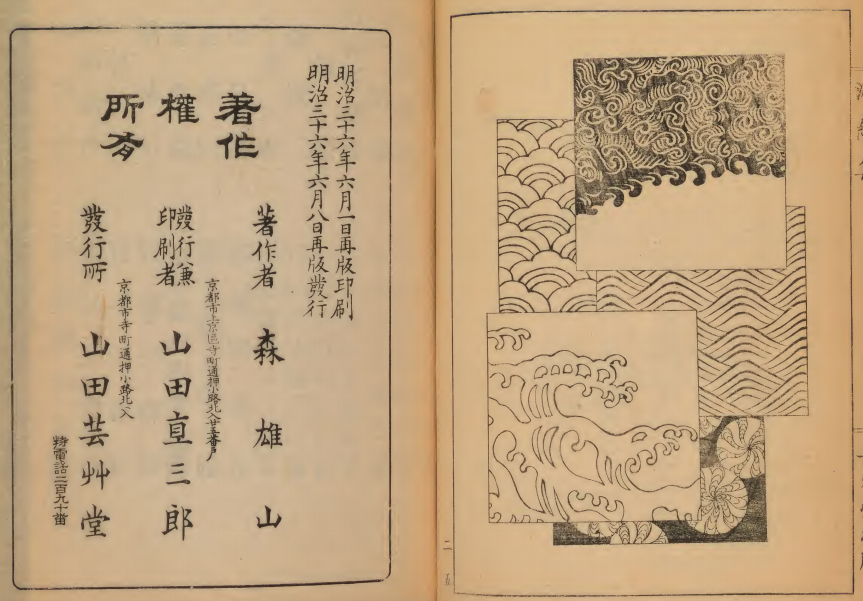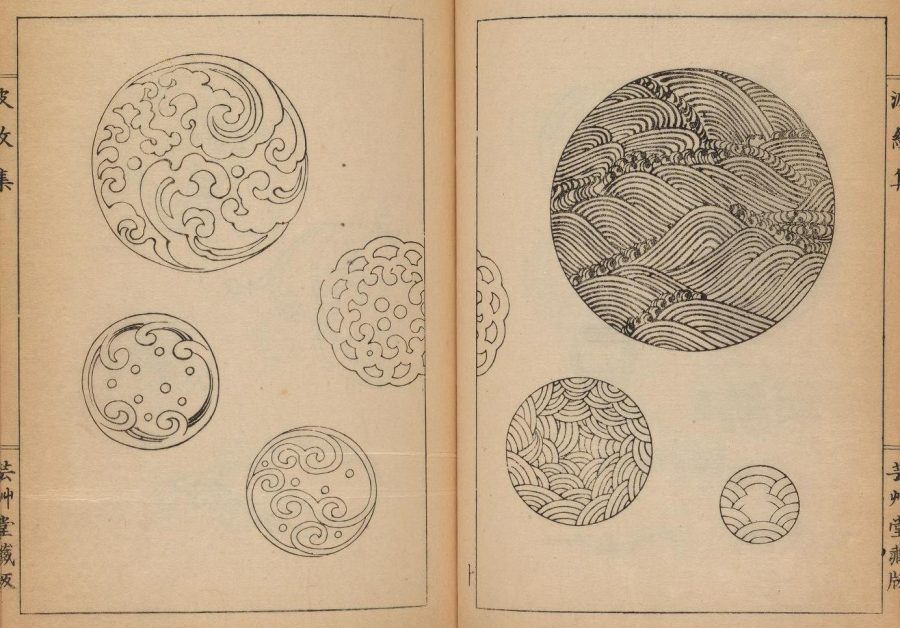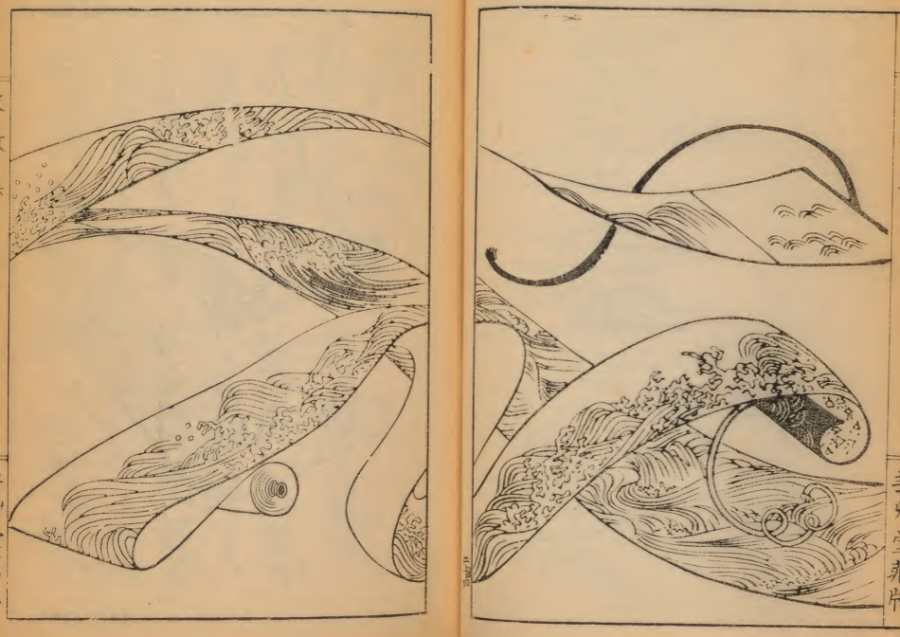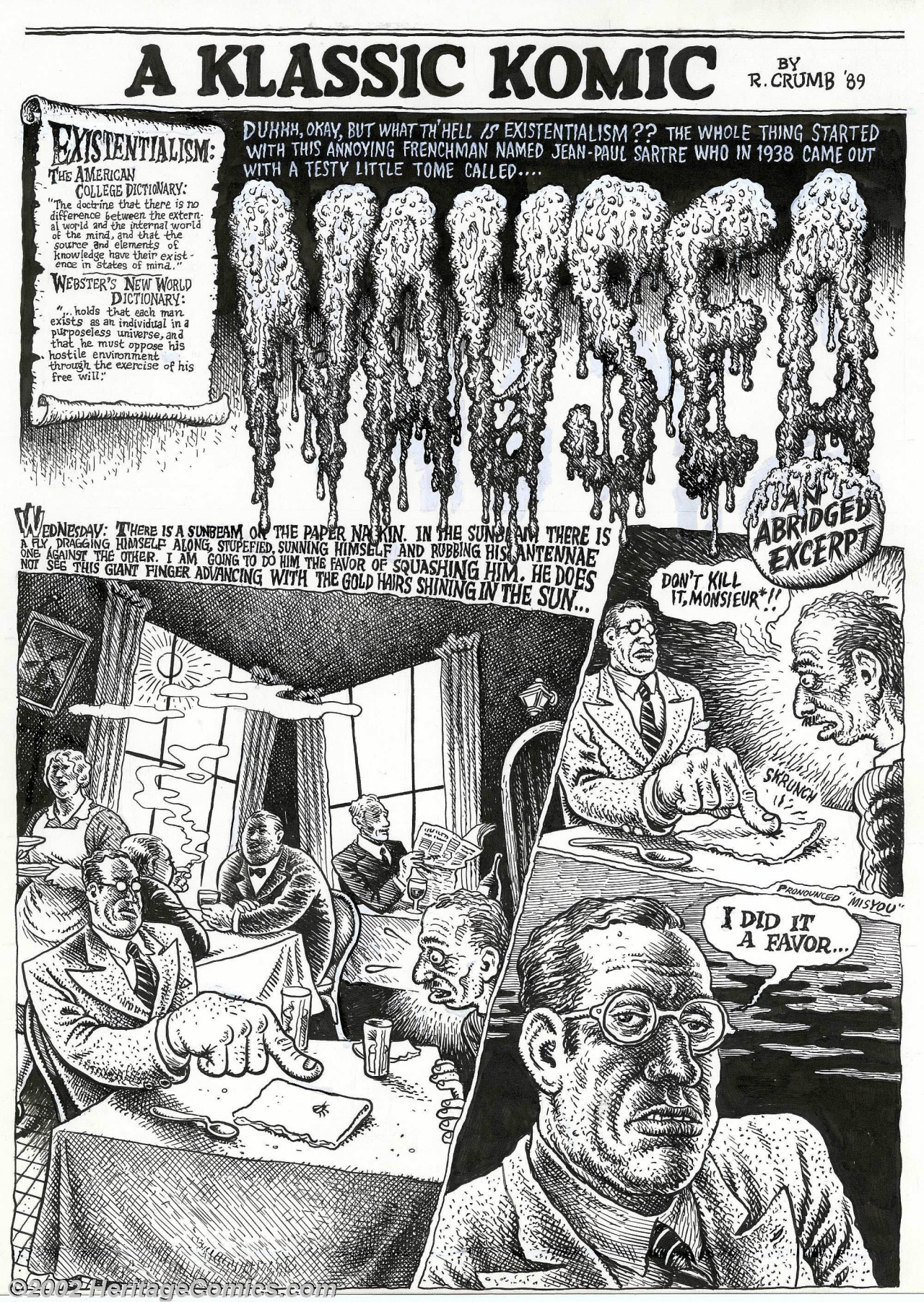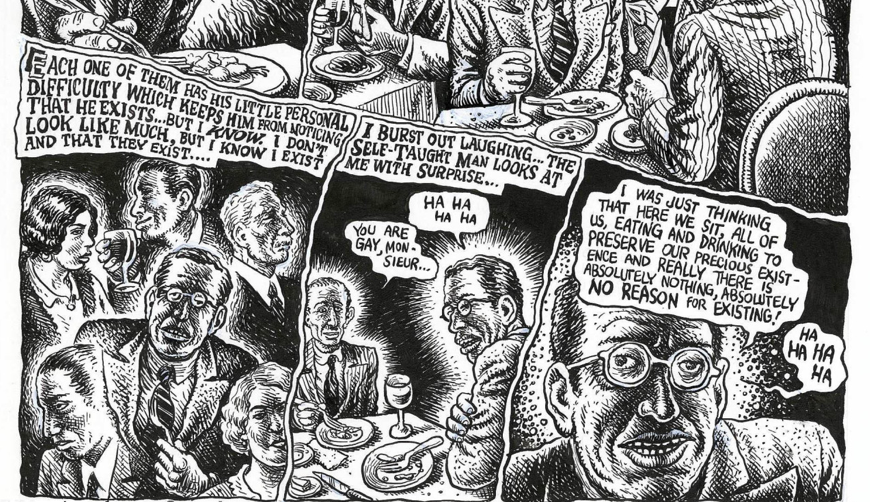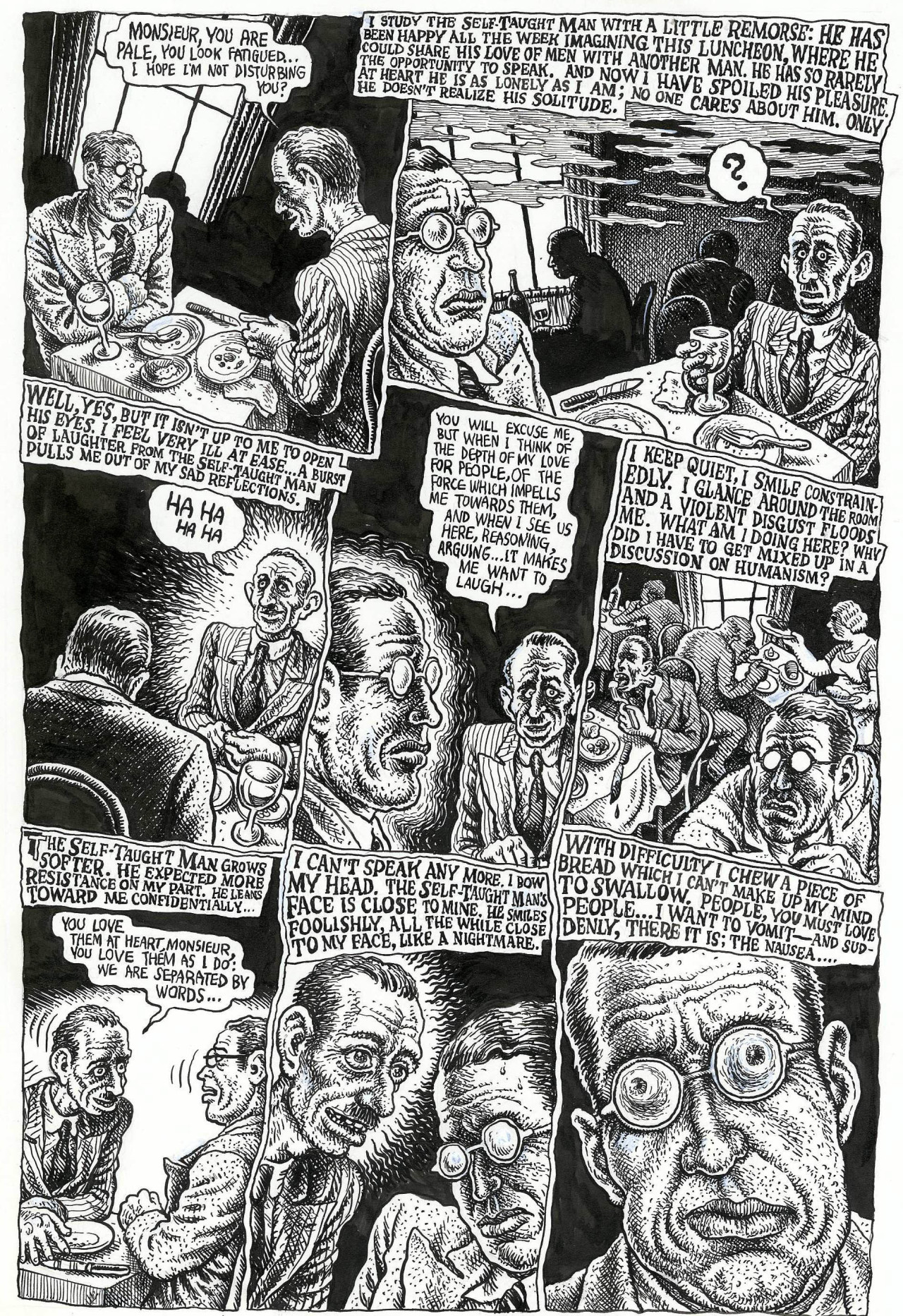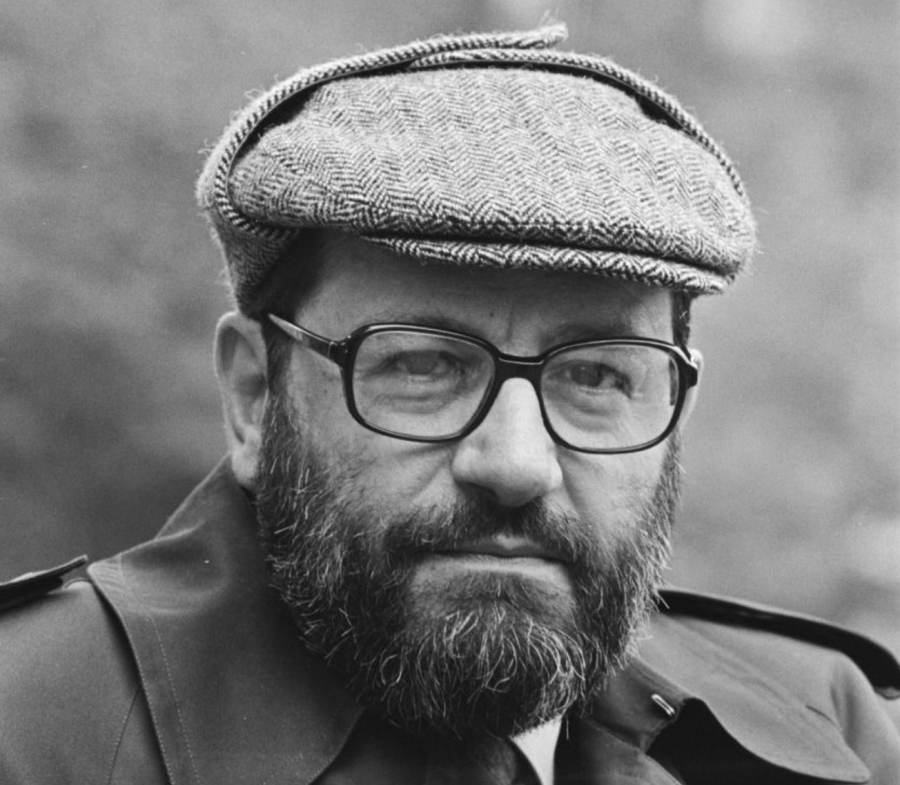Paul McCartney has played it safe for decades, relying on the brilliance of his songwriting and musicianship, which no one ever doubts and so he never has to prove. His songs usually fall into a formula familiar from Beatles’ days: “silly love songs,” writes Stephen Earlewine at Pitchfork, “mini-suites… polite political protests, and old-fashioned rockers.” But while the Beatles had each other, the experiments of George Martin, LSD, transcendental meditation, and a moment of perfect cultural kismet to twist and warp their music into all sorts of weird shapes, McCartney’s solo releases tend to stick to his established strengths, sometimes to the detriment of what can happen when he moves out of his comfort zone to get deeper and more vulnerable.
Yet as nearly every critic has so far noted of his newest album, Egypt Station—which he heavily promoted, for example, with an appearance on Carpool Karaoke and a “secret” show at Grand Central Station—McCartney lets listeners in on some surprising confessional darkness. The Nick Drake-like lyrics of opener “I Don’t Know” show him earnestly confronting aging, mortality, and depression, without any of the usual sunniness or comedic turns of phrase: “I got crows at my window/Dogs at my door/I don’t think I can take anymore.” The candid admission, Erlewine writes, “would be startling in any context, but what stings most is the tacit acknowledgment that 76-year-old McCartney realizes he’s nearing the end of his long, winding road.”
In interviews, like his latest with Rolling Stone, however, McCartney sounds as upbeat as ever. He describes sitting in Apple meetings after the breakup of the Beatles as “like seeing the death of your favorite pet,” but he also enthuses about his patched-up relationship with Yoko (“Now it’s like we’re mates”), love for his band—who have now been playing together longer than both the Beatles and Wings—and his pride in his musical legacy (“It’s a damn good job I did”). He sounds just as pleased to be onstage in his mid-70s as he was in his 20s—the genuine love of performing and engaging with fans hasn’t dulled one bit with age, just as his ability to write and sell hit records remains solid.
As for his time-tested formula, Erlewine comments, it only “makes the moments where Paul attempts something slightly new seem all the more apparent.” One new thing he’s gamely tried in recent years is making online videos for fans. A few years back, he dropped a few lessons showing how to play the bass and guitar parts on “Ever Present Past” from 2007’s Memory Almost Full. This year, McCartney’s fan service includes the two videos here. First at the top, he spends almost a half an hour discussing the best-known songs in his 60-year-career for GQ: “I Lost My Little Girl,” “Yesterday,” “I Saw Her Standing There,” “And I Love Her,” “Eleanor Rigby,” “A Day in the Life,” “Hey Jude,” “Helter Skelter,” “Blackbird,” “Let It Be,” “Hi Hi Hi,” “Here Today,” “Jet,” and Egypt Station’s “I Don’t Know.”
Above, McCartney accept’s Wired’s “autocomplete challenge,” answering the internet’s most searched questions about himself, such as “Why is Paul McCartney’s nickname ‘Macca’?” and “Why did Paul McCartney write ‘Let it Be’?” (Answers: “Cause I’m from Liverpool, and they abbreviate everything in Liverpool” and he was “a bit stressed out”—and a little high—and his mother came to him in a dream with the advice: “just let it be.”) Is there always more learn about Paul McCartney? Yes, apparently there is. But even when he repeats himself, he’s still great fun to watch.
Related Content:
Chaos & Creation at Abbey Road: Paul McCartney Revisits The Beatles’ Fabled Recording Studio
The Genius of Paul McCartney’s Bass Playing in 7 Isolated Tracks
Paul McCartney Offers a Short Tutorial on How to Play the Bass Guitar
Josh Jones is a writer and musician based in Durham, NC. Follow him at @jdmagness
